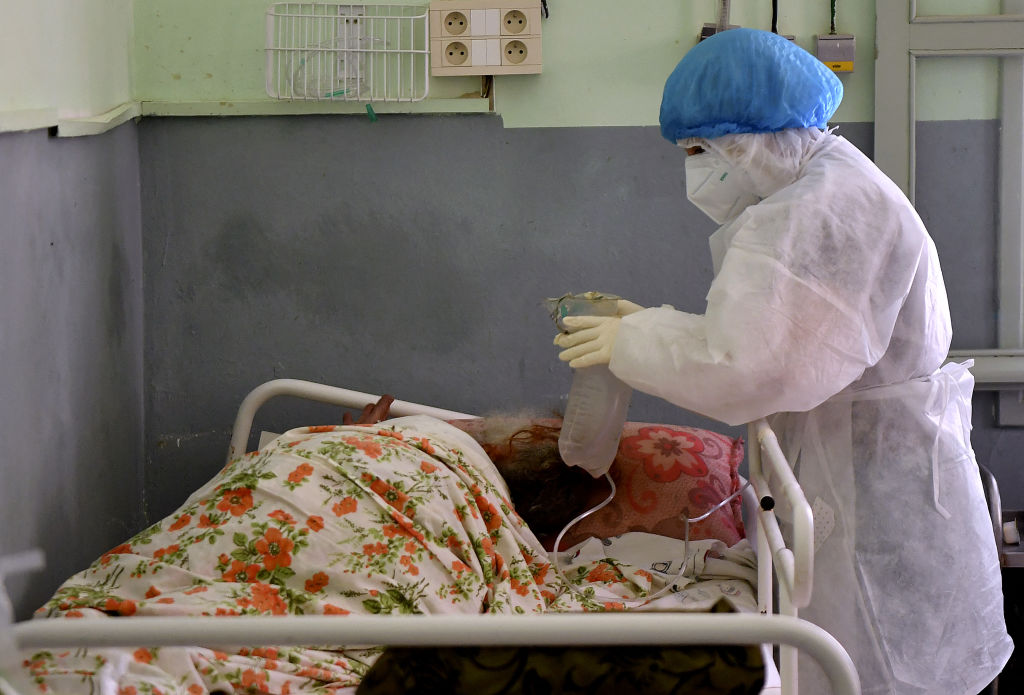ADF STAFF
Scientists have isolated two antibodies that appear to neutralize most COVID-19 strains. The antibodies may strengthen the immune system, particularly for at-risk populations and people with weakened immunity.
The researchers from Tel Aviv University found that isolated antibodies from the immune systems of recovered COVID-19 patients showed up to 95% efficacy against multiple strains, including the delta and omicron strains, i24 News reported.
Dr. Natalia Freund, who runs a laboratory for human antibody response at Tel Aviv University, led the research with two doctoral students.
“In our view, targeted treatment with antibodies and their delivery to the body in high concentrations can serve as an effective substitute [treatment] especially for at-risk populations and those with weakened immune systems,” Freund told scitechdaily.com.
The study, published in August by Communications Biology, proved that two antibodies — TAU-1109 and TAU-2310 — bind the viral spike protein in a different area than previous antibodies. A previous study led by Freund found that the most effective antibodies were those that bound to the virus’s spike protein.
“Of course, we were not the only ones to isolate these antibodies, and the global health system made extensive use of them until the arrival of the different variants of the coronavirus, which in fact rendered most of those antibodies useless,” Freund told scitechdaily.com.
According to Freund, TAU-1109 is 92% effective in neutralizing the omicron strain and 90% effective against the delta strain. TAU-2310 is 84% effective against omicron and 97% effective against delta.
“COVID-19 infection can cause serious illness, and we know that providing antibodies in the first days following infection can stop the spread of the virus,” Freund told i24 News.
New Variant Evades More Antibodies
Despite the study’s encouraging findings, scientists in Sweden have shown that the COVID-19 variant BA.2.75.2, an omicron sublineage, largely evades neutralizing antibodies in the blood and is resistant to treatment.
BA.2.75.2 is a mutated version of omicron variant, BA.2.75, according to the study published by The Lancet Infectious Diseases medical journal in mid-October.
“While antibody immunity is not completely gone, BA.2.75.2 exhibited far more dramatic resistance than variants we’ve previously studied, largely driven by two mutations in the receptor binding domain of the spike protein,” the study’s corresponding author Ben Murrell, assistant professor at the Department of Microbiology, Tumor and Cell Biology at Karolinska Institutet, said in a news release.
Dr. Matshidiso Moeti, the World Health Organization’s regional director for Africa, seemed confident that the continent can handle whatever the pandemic deals it.
“Over the past two years, the African continent has gotten smarter, faster and better at responding to each new surge in cases of COVID-19,” Moeti said in a news release. “Against the odds … we’ve weathered the COVID-19 storm with resilience and determination, informed by Africa’s long history and experience with controlling outbreaks.”

